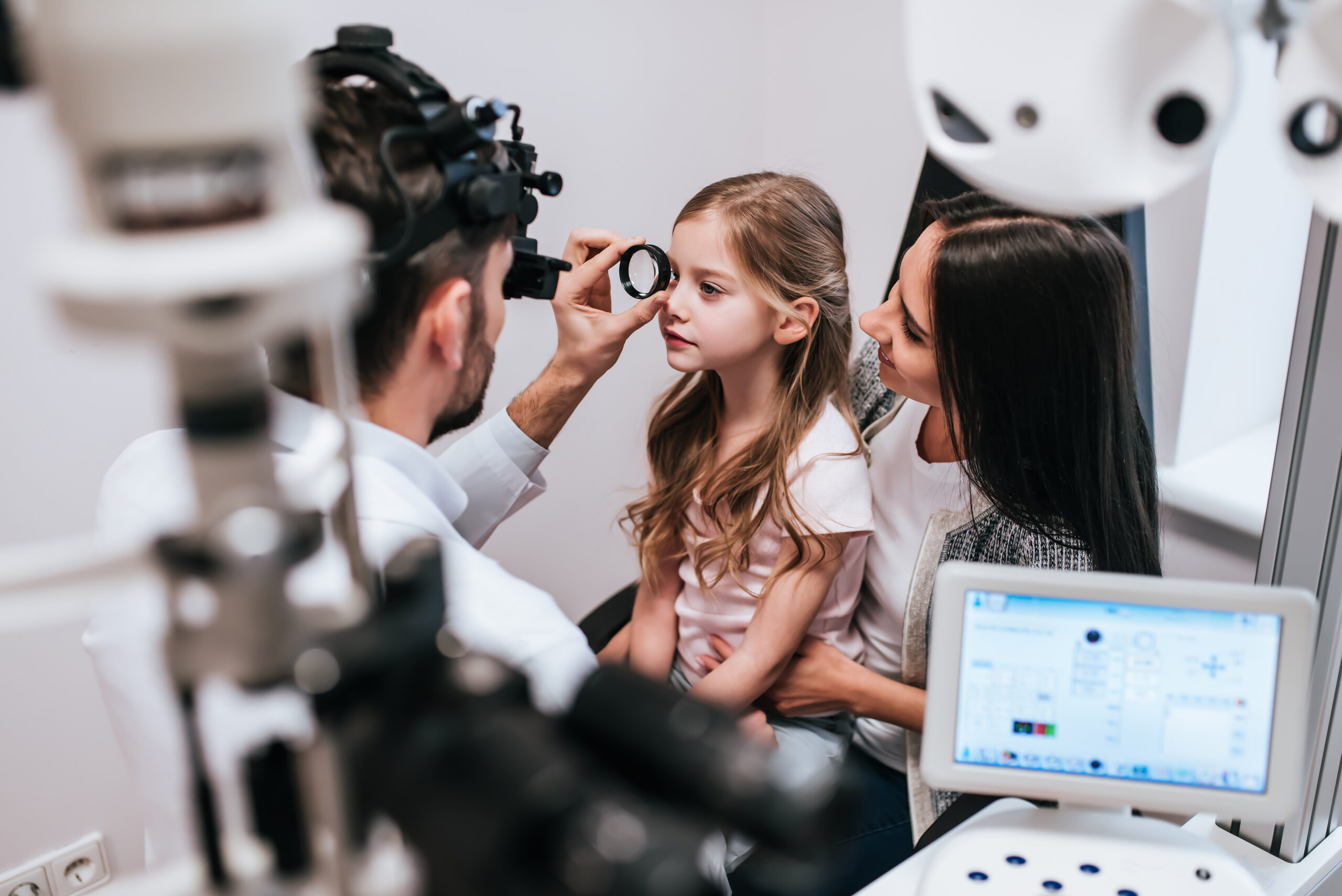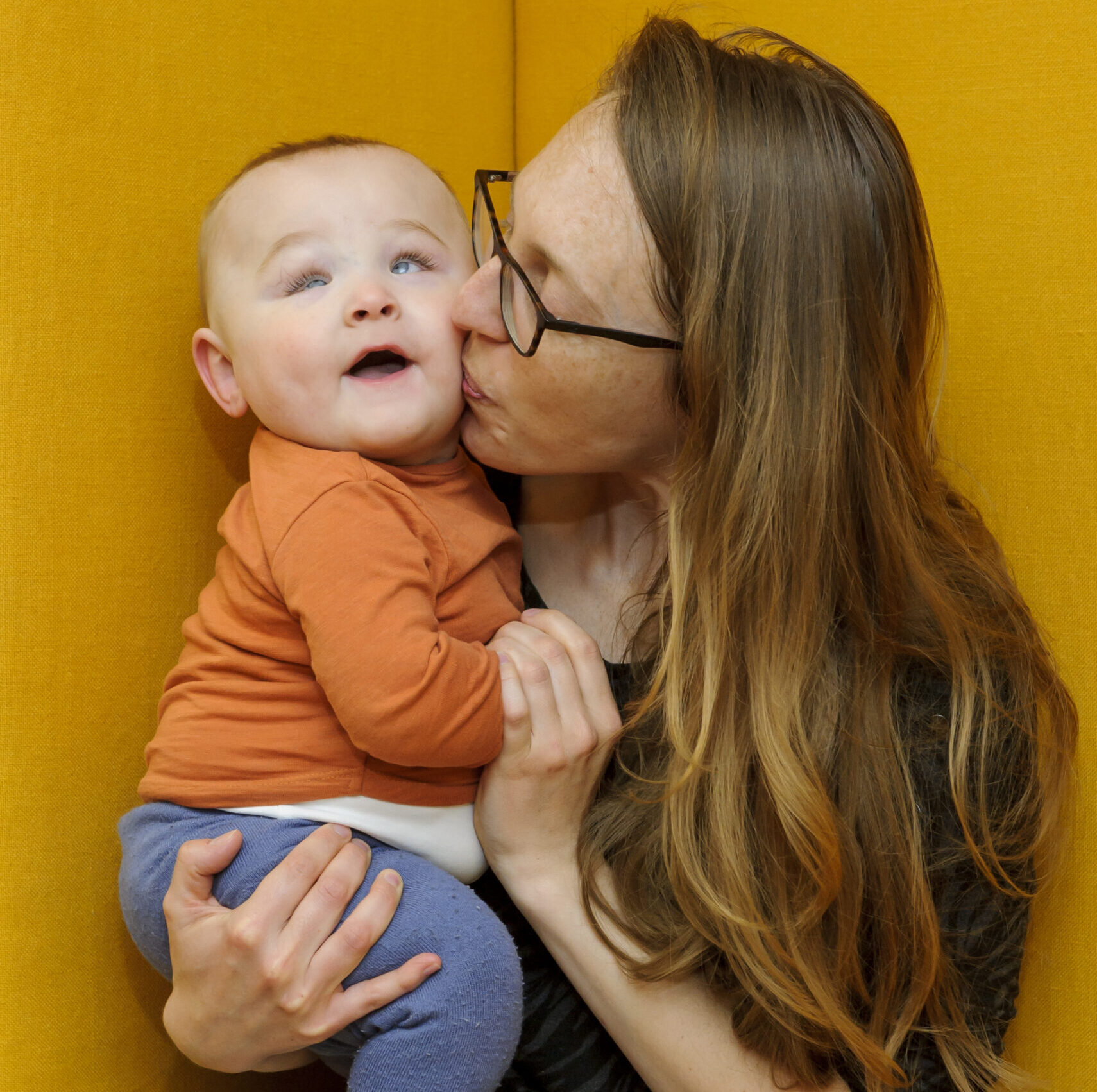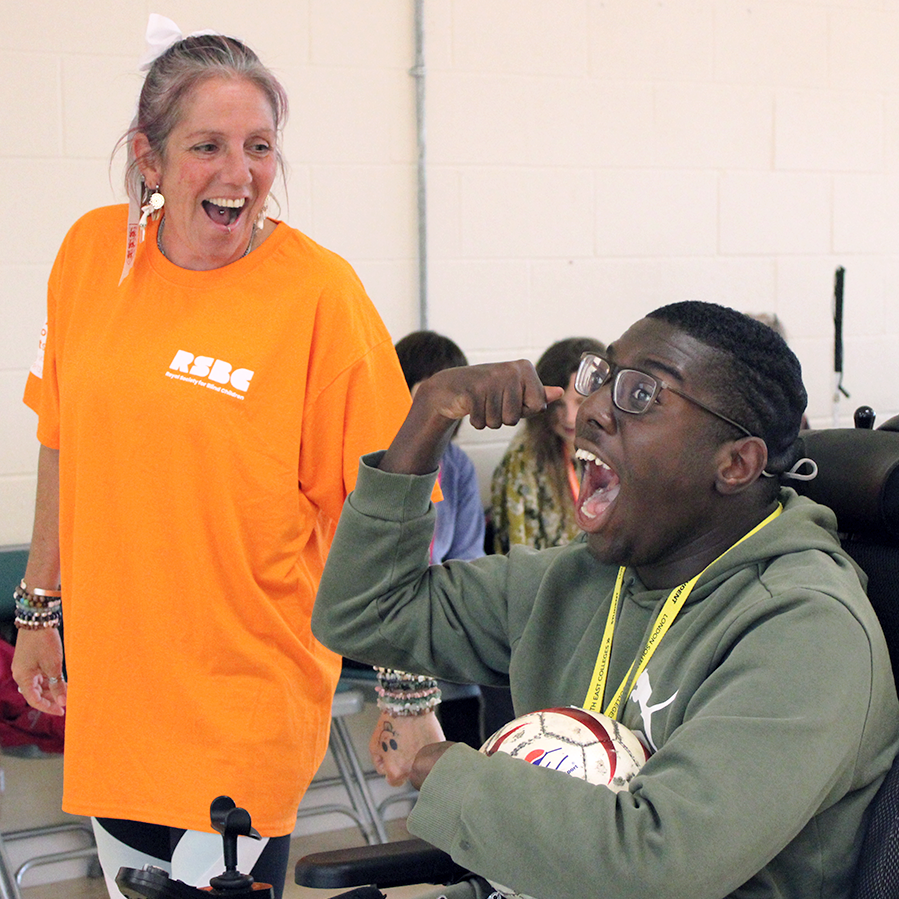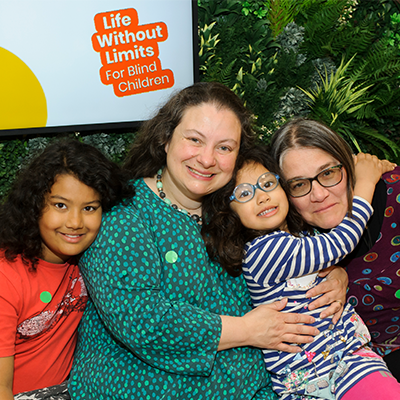The impact of the cost of living crisis on blind and partially sighted children and their families

May 10, 2024
The Cost of Living Crisis
Families with blind and partially sighted and disabled children have been struggling more than ever due to the cost of living crisis. The Department of Work and Pensions (DWP) reported in January 2024 that the proportion of families with disabled children who are living in poverty had risen by nearly a third in the last two years. And yet there are even more changes to benefits on the horizon now.
Challenges of Raising a Blind or Partially Sighted Child
It’s not easy to manage work and family life when you have a blind or partially sighted child. There are hospital appointments to attend, additional care needs to be addressed, and many children struggle in their education settings too. Parents and carers may need to work fewer hours to be able to deal with these additional caring responsibilities – and fewer hours means less pay.
The Impact on Disabled Children and Families
In 2023, The Childhood Trust found that disabled children were missing meals because of the cost of living crisis, and that their families struggled to keep the heating on at home. The recent surges in inflation have affected the families of children with disabilities to a greater extent than other families, and the strain and worry for young people is now a reality day to day.
“Young people are having fears and worries they shouldn’t have to have, like if they’ll have food that day, or not,”
said the Joseph Rowntree Foundation’s Destitution Report in 2023.
Changes to Benefits in 2024
2024 has already brought changes to benefits. Families have had to contend with the migration of some historic benefits to Universal Credit, and now changes are proposed to Personal Independence Payment (PIP), which is claimed by many vision impaired young people.
Proposed Changes to Personal Independence Payment (PIP)
This is a monthly, tax-free payment given to people to help with the extra costs caused by long-term ill-health or disability. Ministers are currently considering major changes to PIP, and the government is looking at introducing a new assessment model based entirely or partly on the diagnosis given to an individual. It’s considering whether “evidence of a clinical diagnosis made by a healthcare professional could provide a more objective assessment of need” than a self-assessment. So, these changes won’t necessarily take into account how a vision impairment affects young people’s lives. Potential changes could also include introducing vouchers and stopping regular cash payments, and offering claimants one-off grants for things such as home adaptations.
Concerns About the PIP Changes
RSBC’s information and advice service already receives many calls and enquiries from families and young people who are struggling financially and finding the PIP application and other benefit application processes very challenging. We’re concerned that the proposed changes may increase those challenges further, leaving families even worse off financially. With 40% of people already being turned down for PIP when they first apply, the assessment and application process for blind and partially sighted young people really needs to be made much easier.
A Young Person’s Perspective on the Proposed Changes
Lauren is a young person who is supported by RSBC, and as a member of our Youth Forum, is supporting us in turn to understand what really matters to young people with vision impairment. She’s concerned about what the changes to PIP may mean for her. Living as a disabled person in the UK is extremely costly and difficult – on average, it’s been found that it costs around £900 extra a year, and this was recorded before the recent big rises in inflation. PIP is essential for many people living with vision impairment and sight loss, as it helps to bridge the gap.
“How would vouchers help pay for people to bridge the gap of being a disabled person in the UK? What kind of things would qualify for vouchers, and would these have to be used with certain organisations? A lot of what PIP currently pays for does not directly have to be ‘catered’ to people with vision impairment, as many use more random objects to help adapt and manage their disability.
“If the system were to change, it could negatively impact the quality of life for people living with vision impairment. Not being able to access assistive technology and aids due to having insufficient funds could even put the individual at risk and in danger.”
Recent comments from the Prime Minister refer to a “sick note culture,” and his government seems focused on moving people off disability benefits. As a charity which encounters the stark reality of young people with disabilities and their families struggling to make ends meet, we believe that they should have the opportunity to have their say too.
We encourage them to review the PIP consultation: here and then respond online here.
You may also like
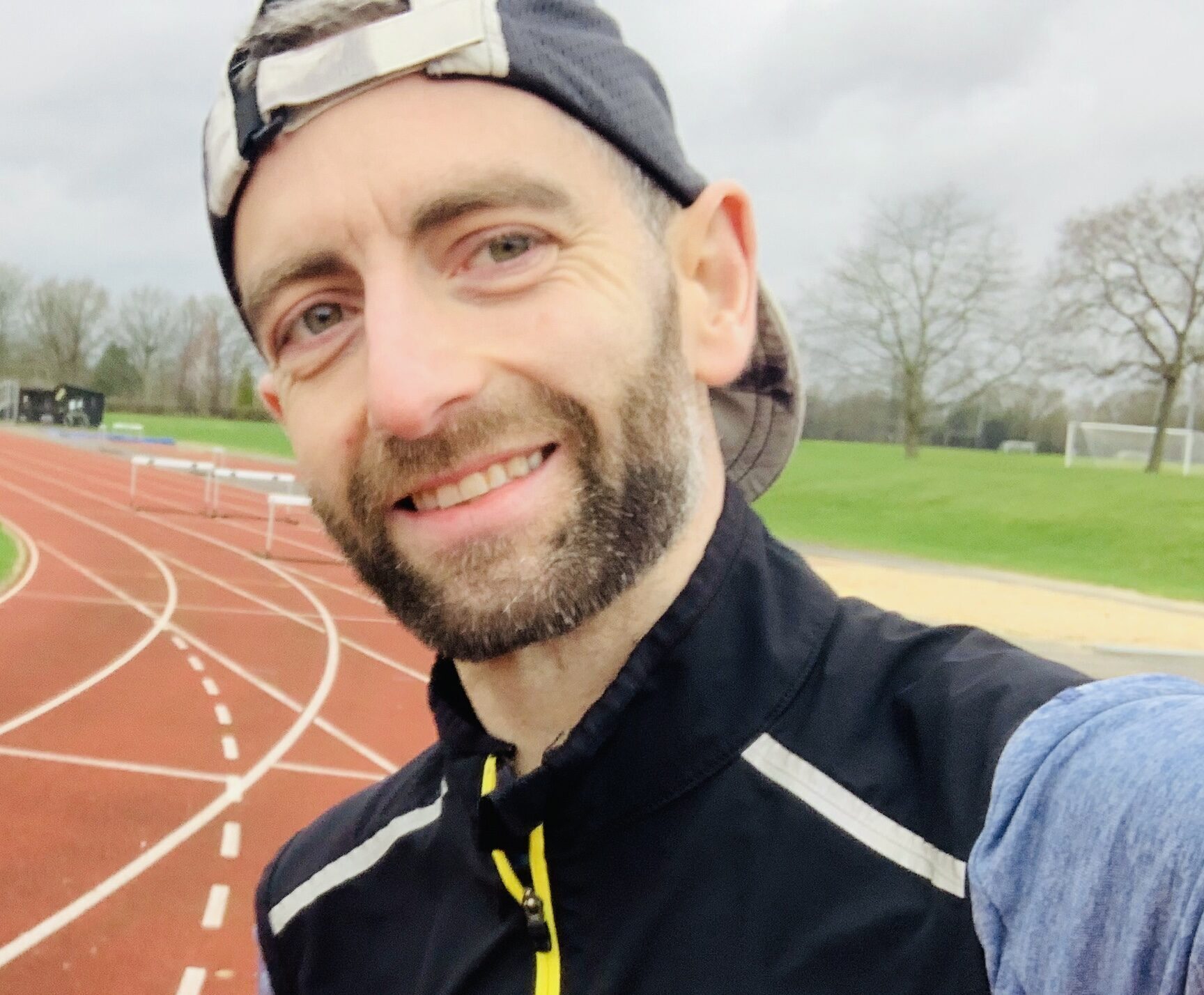
No categories April 14, 2025
Nick’s path to the London Marathon
This April, Nick will be running the London Marathon for RSBC. We sat down with him to find out why he wanted to run for us, and learn a little bit more about his journey so far.
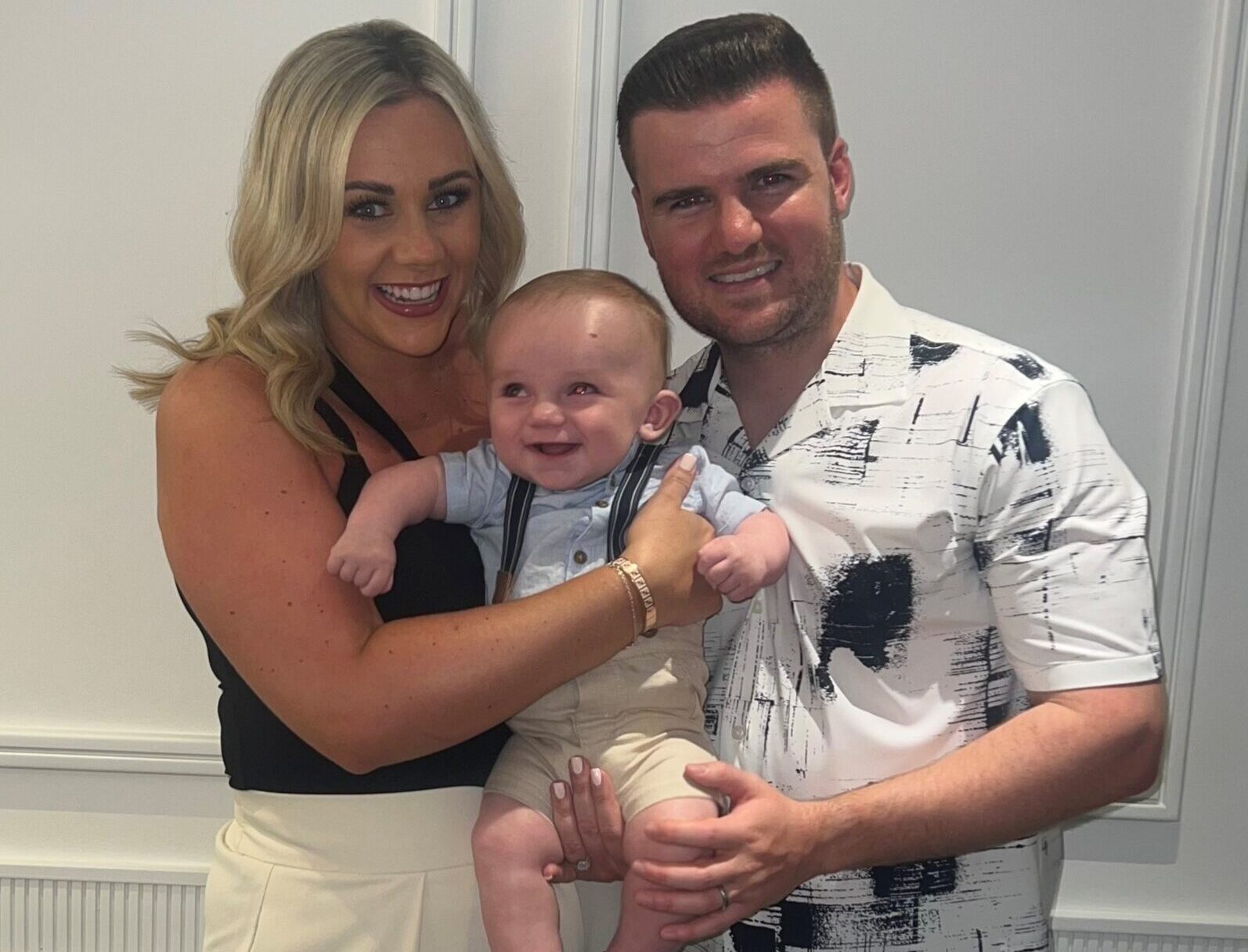
No categories April 9, 2025
Running for Albie
Albie was born with severe sight impairment, having been diagnosed when he was 4 months old. His mum and dad, Abbie and Lewis, are both running the 2025 London Marathon to raise funds for RSBC – the first time that two parents of a child supported by the charity have run together at this famous […]
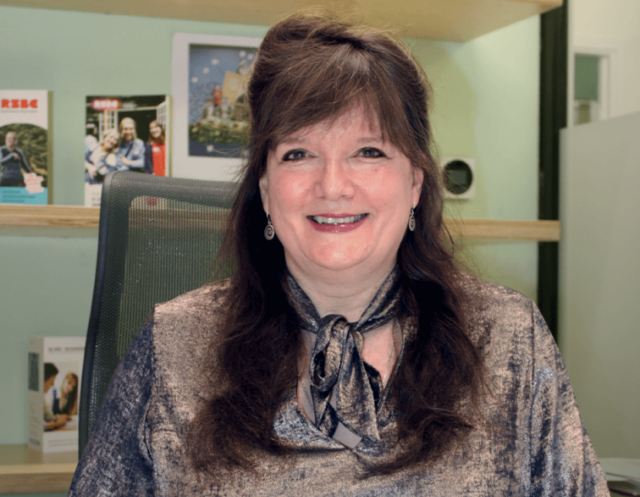
No categories March 28, 2025
Mother’s Day: our CEO shares her story
Happy Mother’s Day to everyone celebrating! In recognition of this special day, we sat down with our CEO, Julie, to hear about her relationship with her daughter, Saime, who is registered blind.

No categories March 20, 2025
What our young poets have to say this World Poetry Day
We were delighted to host two workshop sessions with renowned poet Dave Steele recently, and they certainly fired up the imaginations of the young people who attended! We’re pleased to be able to showcase the incredible talent that came out of the workshops in the beautiful poems written by those attending below.
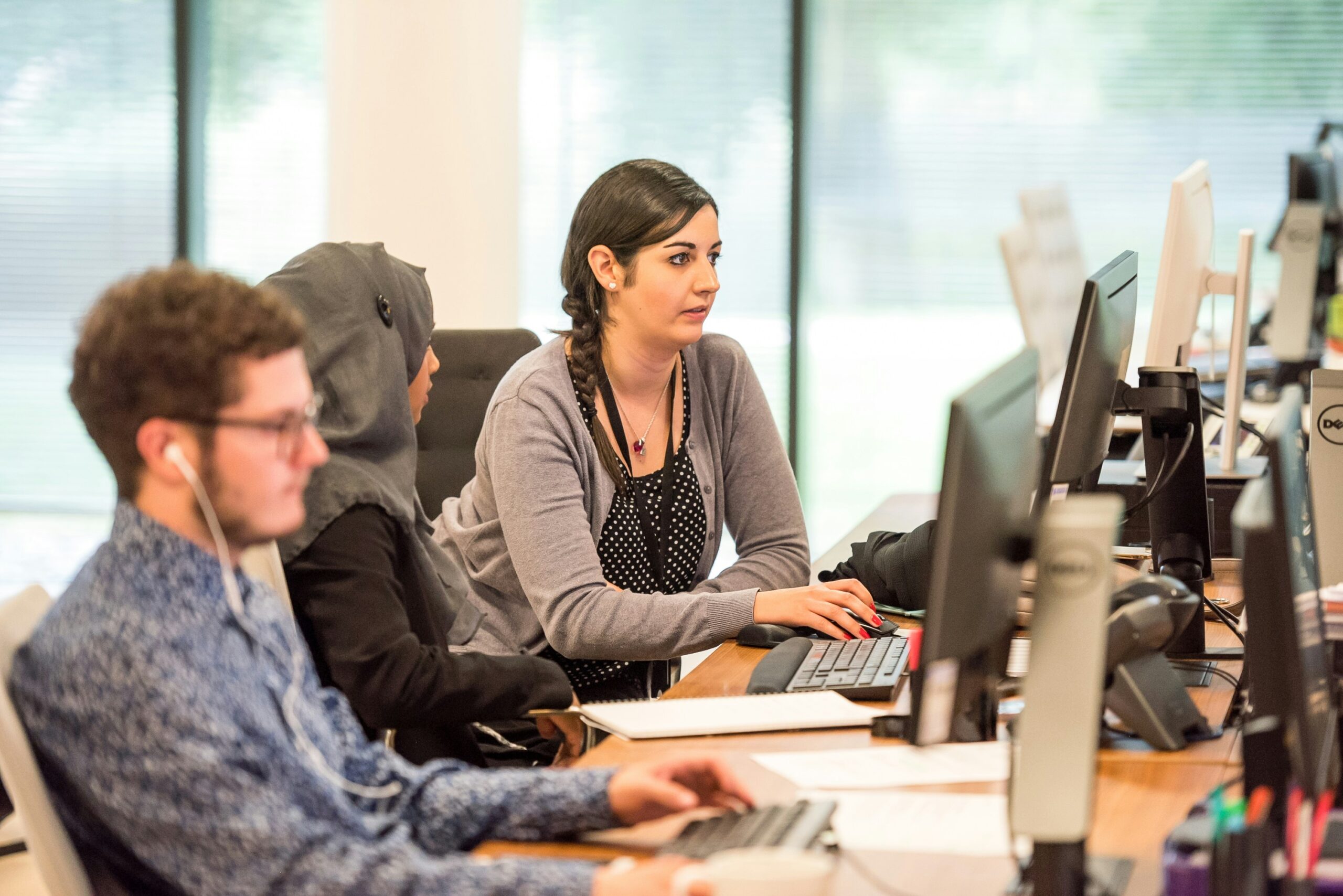
No categories March 10, 2025
RSBC’s 5 key reforms to support young people into work
The government has just announced plans for a major shakeup of the welfare system, with £6bn of proposed cuts. Personal Independence Payments (PIP) are a lifeline for many people in our community. We understand the system needs reform, and that tough times can call for tough measures. But cutting back on PIP without making it […]
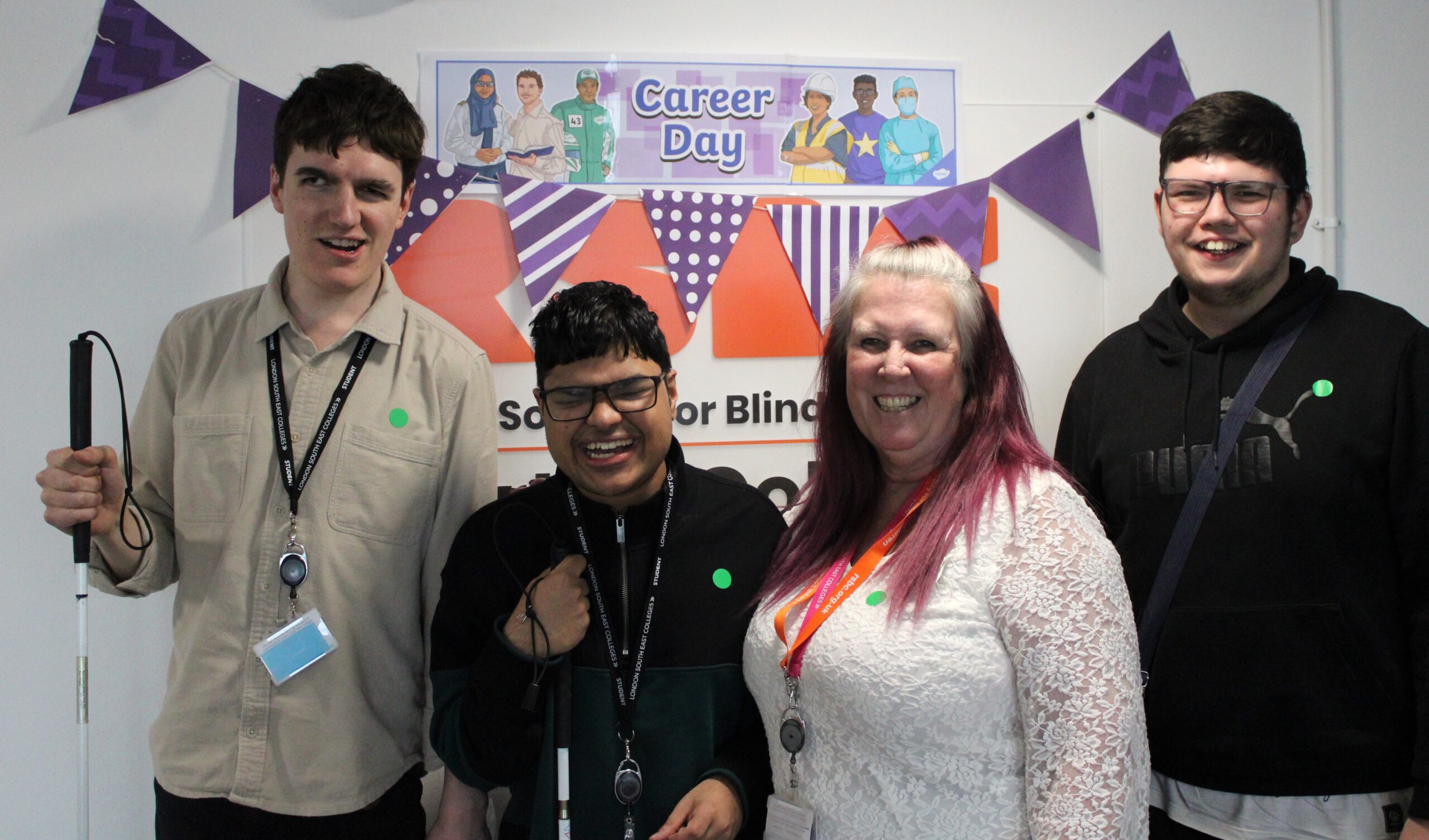
No categories March 7, 2025
Dorton College careers day: giving our students the confidence to shine
Too often, young people living with a vision impairment aren’t given the career opportunities they deserve. That’s why RSBC’s Dorton College hosted a careers day recently, inviting external speakers to inspire our students and help provide them with the tools they need to enter the world of work.
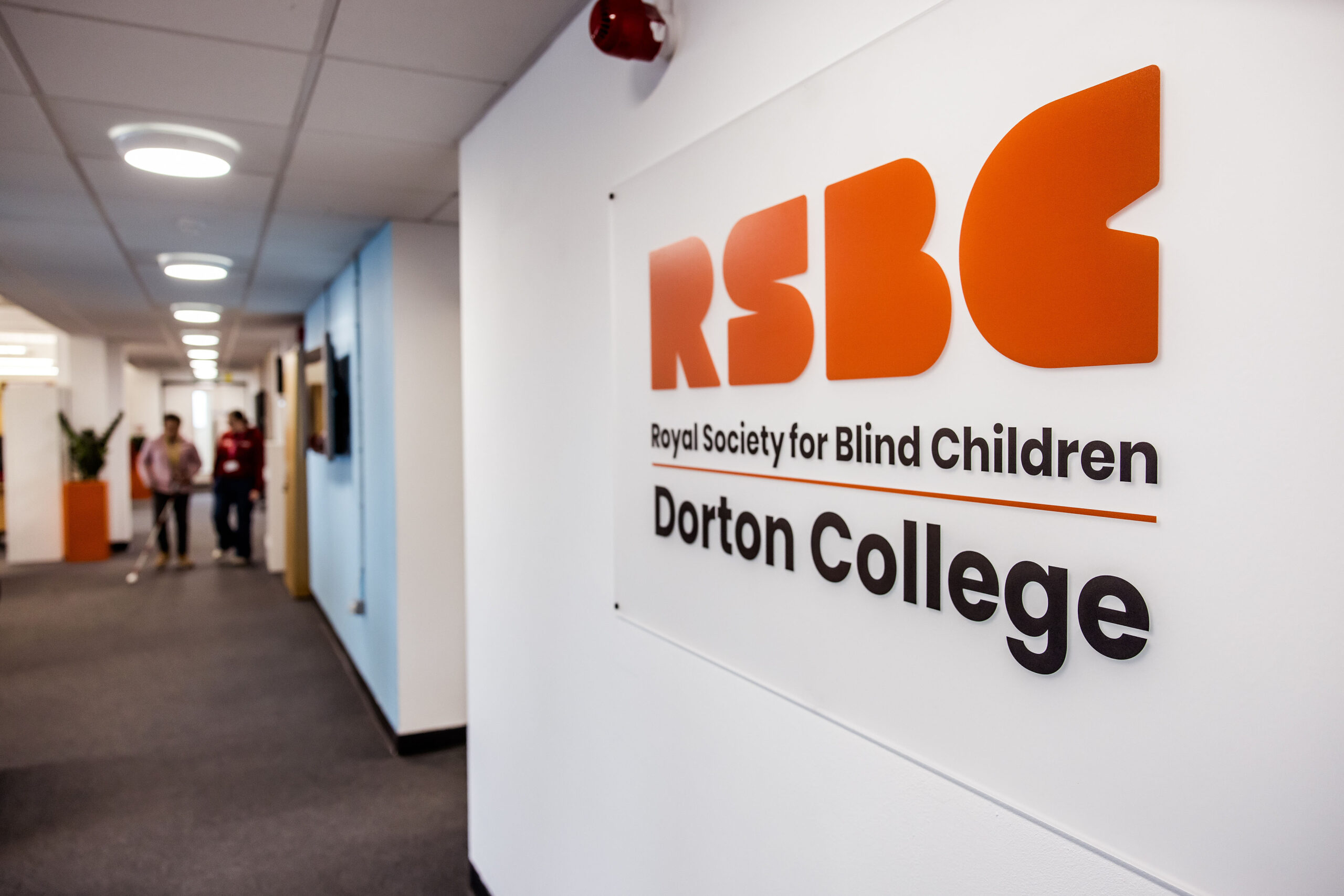
No categories March 5, 2025
Gary O’Donoghue’s win at the RTS Television Journalism Awards
Each year, the Royal Television Society hosts the Television Journalism Awards, celebrating the most prestigious change-makers in the British journalism space.
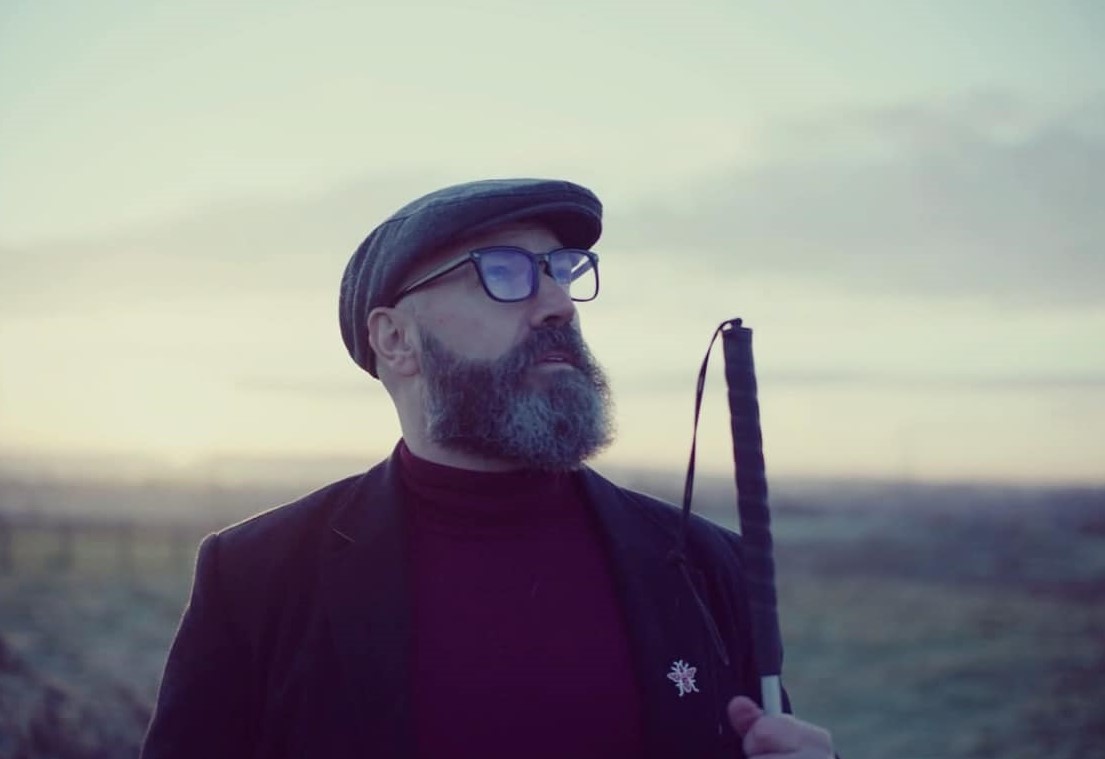
No categories March 4, 2025
Young people unlock their imagination at The Blind Poet’s workshops
Dave Steele, popularly known as The Blind Poet, is an internationally acclaimed and award-winning poet, author, speaker and singer – and an advocate for people with vision impairment.

No categories March 3, 2025
Helping young people be heard: RSBC’s Youth Voice Strategy Day
Recently, RSBC’s Youth Forum, Young Ambassadors and members of the RSBC team came together for a Youth Voice Strategy Day at our Life Without Limits Centre in London. The mission was simple: young people were tasked with coming up with their own objectives and create a roadmap for the future, which would help RSBC identify […]

No categories February 19, 2025
The Roundhouse becomes London’s first venue to use Navilens – with RSBC’s support
Iconic music and performing arts venue, the Roundhouse in Camden, has provided creative space that empowers people and communities since the 1960s. Its team is focused on unleashing the creative potential of young people and artists, giving them the opportunity to experiment, develop their skills, and be part of unforgettable moments with a lasting impact.
